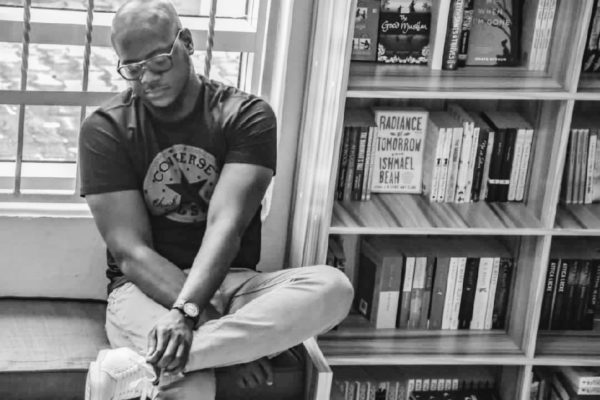
If there is one thing you need to know about Oris Aigbokhaevbolo, the Entertainment Journalist of the Year at the 2015 All Africa Music Awards, it is this: he knows what a good sentence is. Maybe he is a little too aware of his abilities, but he knows his stuff. He knows how a good sentence should look, how its words should be arranged—no danglers—and how to dress it up in fancy punctuations to achieve a Teju Cole level of euphony. This was clear at the just concluded “Write With Style” workshop held in Ikeja, Lagos, on 25 and 26 August, and attended by over twenty participants.
In the weeks leading up to the workshop, it was marketed as one that would focus on how to write reviews, interviews, reportage, fiction and creative non-fiction. For a two-day program, that promise was ambitious. Speaking with Aigbokhaevbolo revealed that a major part of his workshop was to highlight rectifiable errors made by writers across genres or by anyone writing sentences regularly. “Think of it like chess,” he said. “You could play chess for 20 years and make the same mistake game after game. One day someone tells you a single thing, like the defensive potency of a pawn and bishop across a diagonal, and it transforms your game. The same is true for writing.”
In spite of the short window between the event and its announcement, the workshop managed to pool in a diverse group of participants: students, content creators, legal practitioners, photographers, screen writers, a video editor, a researcher, a motivational speaker and a football writer. The award-winning music journalist spent two days with the group mapping out the line between clumsiness and style. “Style works with experience, you first have to know the rule and so you can break them.”
Some members of the group shared brief excerpts from their works in progress: an op-ed with running sentences, the flash fiction that left everyone hanging, an essay whose sophistication was up for debate. At the end of the first day, when the participants were asked to share their writing needs and weaknesses, responses ranged from seeking a writing community to struggling to cultivate the discipline that the craft of writing requires. “In discussing who we are, our writing, and our insecurities,” remarked Goodluck Okechukwu, one of the participants, “we were allowed to be vulnerable and that was when we all felt the ice break.”
The group also spent time trying to categorize African writers according to Truman Capote’s classification of stylists. When the participants read Capote’s praise of Virginia Woolf’s sentences, Ernest Ogunyemi, 17 and still in secondary school, cited his literary hero as Arinze Ifeakandu, author of the Caine Prize shortlisted story “God’s Children Are Broken Little Things.” “Ifeakandu has never published a single bad sentence,” he said.
Beyond words, their meanings and their arrangements on paper, Aigbokhaevbolo’s ministry was keen on efficient uses of punctuation—the dash, semicolon, commas and colon—as though punctuation were a language of its own. The gospel is clear: whether you write in English or pidgin, whether you punctuate by sound or by sight, punctuations help tailor words towards meaning, and so are necessary tools through which writers can communicate their sensibilities.
One might wonder why professional, and not so professional, writers still need to learn about punctuation. Apart from the obvious advantage of brushing up on a skill, there is the fact that this workshop exists, in part, as a result of a weakness in Nigeria’s education system. A participant was heard saying under his breath: “It’s like we’re in primary three again.” The sentiment expressed was that, in talking about the oxford comma and the stylistic difference between using em-dashes and short dashes, the discussion veered to the pedantic. However, in a group as diverse as the workshop’s, not everyone was on the same page. With this disparity within the group, it only made sense for the workshop to err on the side of rigour, because scrupulousness demands pedantry.
“On the first day, I could have cut half of what I said about punctuation but it’s too much of a weakness to ignore,” Aigbokhaevbolo said later. This fault, prevalent among Nigerian writers, Facebook Writers and newspaper journalists alike, was a motivating factor for Aigbokhaevbolo. He also thinks that too little attention is given to style and how sentences are made in Nigerian writing. He explained that due to the success of this pilot session—going by the changed outlook and responses of its participants—his hope is to keep expanding the workshop so that many more people would have access to it.
When asked how he feels about his workshop doing the government’s work of providing basic education, Aigbokhaevbolo laughed. “I’m Nigerian,” he said. “Someone has to do it.”
A version of this piece appeared in The Guardian Nigeria.
To attend the next edition of the Write with Style Workshop, send an email to [email protected]. Or call 0807 905 6897. Please fill this form as well: https://bit.ly/WWSWorkshop
About the Writer:
Immaculata Abba is a writer and photographer studying History at Queen Mary University of London. Her work can be found on immaculataabba.com.



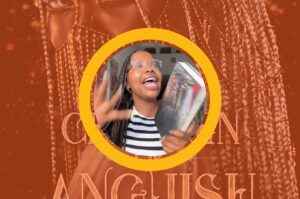
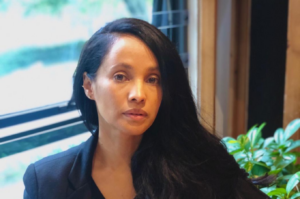
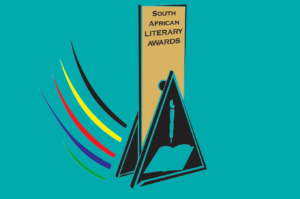
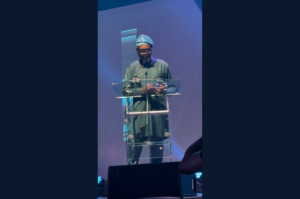


How to Save Ghanaian Culture Writing? This Nigerian has an Idea – Proudly Ghanaian! | Enews April 28, 2020 16:48
[…] Aigbokhaevbolo, writer, critic, and essayist, is the founder of the Write With Style Workshop. His first collection of prose, From Wizkid to Chimamanda: Essays on Nigerian Pop Culture, is […]